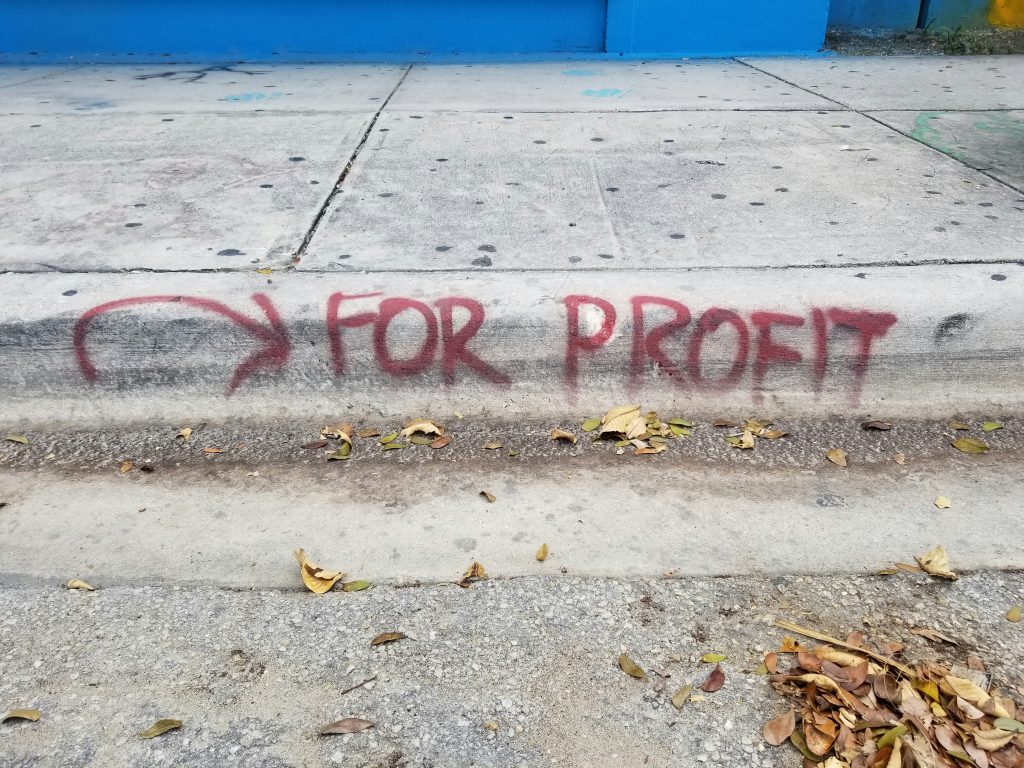“Ever felt overwhelmed by complicated tax forms and wondered if a course could save your sanity? Yeah, we’ve all been there.”
Tax planning is tricky, but with the right tools—like enrolling in a tax planning course that also arms you with a Course Certificate Communication Plan—you can elevate both your knowledge and professional credibility. In this guide, we’ll unpack why these programs are essential, how to choose the best one, and how to ace communication around your certificate.
Preview: You’ll uncover why communication plans matter for certifiable success, actionable steps to enroll in the right course, top tips to maximize learning, examples from real-life students, and more.
Table of Contents
- Why Tax Planning Courses Matter
- Step-by-Step Guide to Choosing the Right Course
- Best Practices for Success in Tax Planning Courses
- Real-Life Success Stories
- FAQs About Tax Planning Courses & Certificates
Key Takeaways
- A well-crafted communication plan helps showcase your course achievements.
- Picking the right tax planning course enhances long-term career prospects.
- Actionable strategies ensure success in learning complex tax regulations.
Why Tax Planning Courses Matter (and Why Communication Plans Are Key)
Taxes are life’s only certainties, alongside death—but they’re way less poetic. Without proper expertise, navigating even basic financial decisions can feel like solving Rubik’s Cubes blindfolded. And trust me—I once filed my taxes as an independent contractor *and* forgot deductions worth $3,000. It was not chef’s kiss; it was disaster pizza.

According to recent stats, over 60% of taxpayers rely on external help for filing returns due to complexity. If you’re aiming to become that helper—or refine your personal approach—courses provide structured pathways. However, simply earning a certificate isn’t enough. You need a rock-solid communication plan to tell employers, clients, or even yourself what value it brings.
Step-by-Step Guide to Choosing the Right Tax Planning Course
Optimist You: “There’s so much opportunity here!”
Grumpy You: “Yeah, but first I have to wade through endless boring options.”
Fear not, friend. Here’s your blueprint:
Step 1: Identify Your Goals
Do you want foundational knowledge (hello, beginners!) or advanced skills (CPA prep, anyone?)?
Step 2: Research Accreditation
Ensure the program offers certifications recognized in the industry. Double-check affiliations!
Step 3: Evaluate Delivery Methods
Some courses focus on live workshops; others lean toward self-paced modules. Pick what works for YOUR vibe.
Step 4: Compare Costs vs. ROI
Don’t skimp on quality because price tags sting today—consider future earning potential instead.
Best Practices for Success in Tax Planning Courses
Here’s where things get spicy… or at least organized:
- Stay Consistent. Set aside dedicated study hours weekly.
- Network Like Crazy. Connect with peers via LinkedIn or discussion forums.
- Practice Makes Perfect. Use simulation tools provided within premium courses.
(Terrible Tip Alert)
Procrastinate until the last minute thinking “I work better under pressure!” Spoiler alert—it won’t end well.
Real-Life Success Stories
Remember Alex? She graduated from XYZ Institute’s Advanced Taxation Strategies course and got promoted within 6 months thanks to her proactive course certificate communication strategy. Her secret sauce involved creating sleek PDF résumés emphasizing new qualifications.
Sounds like whirrrr—the kind of energy boost every freelancer dreams of during tax season!

FAQs About Tax Planning Courses & Certificates
Q: How long does it take to complete most tax planning courses?
A: Generally between 8 weeks to a year depending on intensity.
Q: Can I pursue these online?
A: Yes, many accredited platforms offer fully remote programs.
Q: What should my communication plan include?
A: Highlight key achievements, link to your digital badge/portfolio, and tailor messages per audience.
Conclusion
By now, you understand why combining tax planning courses with effective Course Certificate Communication Plans is transformative. From setting goals to networking strategically, the journey requires effort—but pays dividends lifelong. So go ahead, invest in your growth. And remember: Just like Tamagotchis, consistency keeps everything alive—including your career trajectory.


